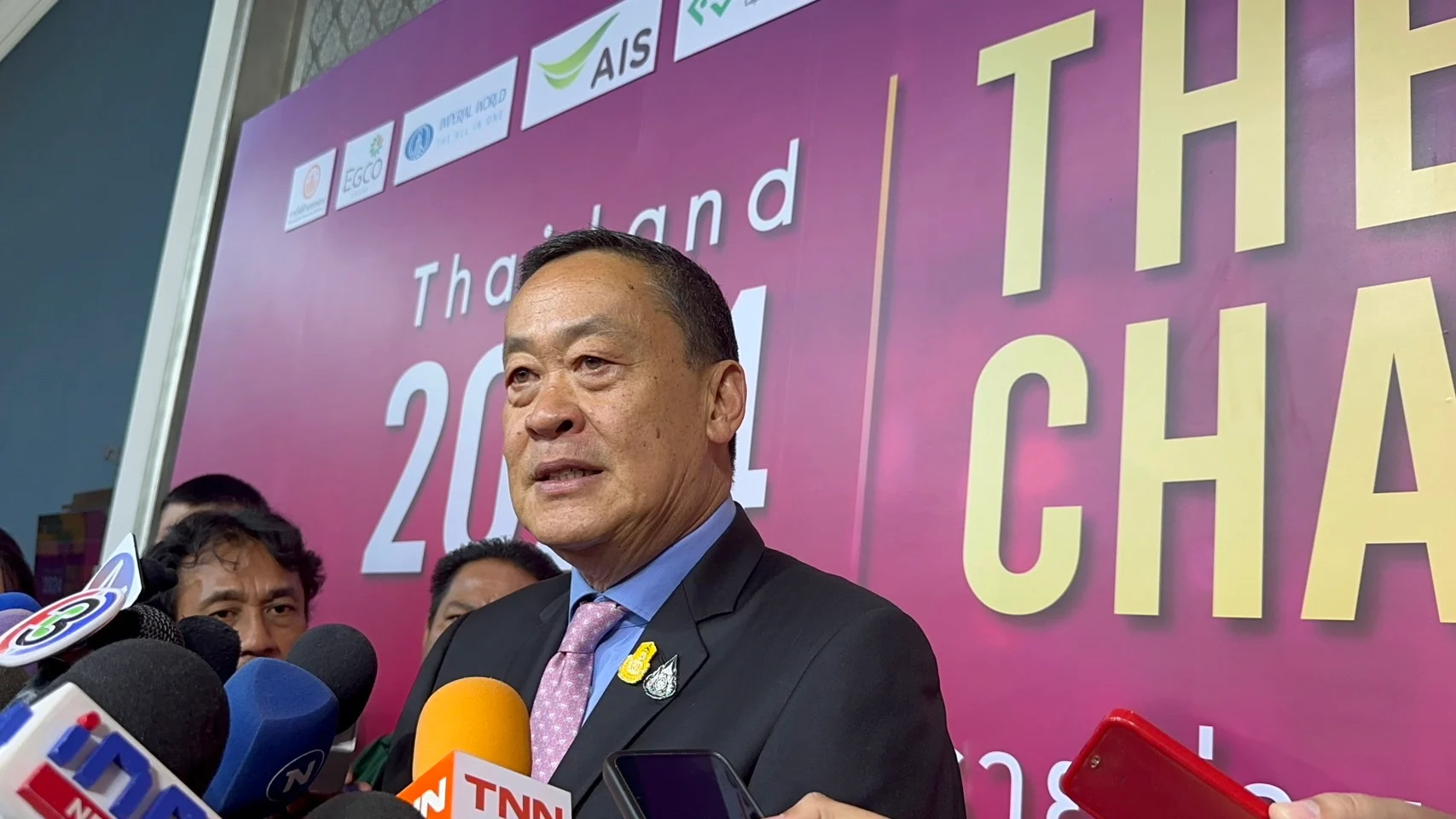Thai PM announces stimulus measures amidst economic crisis

Acknowledging Thailand’s struggling economy, Prime Minister Srettha Thavisin, who also serves as the Finance Minister, said today the government is set to introduce a series of stimulus measures to bolster growth. This revelation comes amidst criticism from Bank of Thailand‘s (BoT) Governor Sethaput Suthiwartnarueput, who argued that the government’s efforts will not rectify the underlying structural problems at the root of the country’s economic woes.
PM Srettha confirmed to reporters that the Thai economy is in a state of crisis while acknowledging the central bank’s divergence on the issue.
“Different viewpoints from the BoT are acceptable.”
The governor’s comments yesterday followed the government’s decision to revise growth projections for 2024 to 2.8% from an initial forecast of 3.2%. The adjustment was attributed to weaker-than-predicted exports and a significant downturn in foreign tourist arrivals, reported Bangkok Post.
Despite the 61 year old Thai prime minister’s admission, Sethaput maintains that Thailand’s economy while growing slower than anticipated, is not in a crisis as suggested by the government. The governor has faced criticism from the Bangkok-born Thai PM for retaining the decade-high interest rates of 2.5%, despite the country’s low inflation rates.
PM Srettha, a former property mogul before assuming political office, repeatedly urged the central bank to reduce the interest rates that, according to him, are harming businesses. His Pheu Thai-led coalition government pledged to revitalise the economy with a variety of stimulus measures, including a substantial handout programme worth 500 billion baht (US$13.9 billion), aimed at 50 million Thai citizens.
“Interest rate adjustments are a prerogative of the central bank. We, however, will supplement this with additional policy measures, including the digital wallet.”
In related news, Thailand’s economy is set to experience slow growth in the coming years, with GDP forecasts for this year ranging between 3-3.4%. Several factors, including sluggish growth in exports, subdued Chinese demand for consumption and tourism, geopolitical risks, and a shortage of skilled workers, are expected to influence this.
Latest Thailand News
Follow The Thaiger on Google News:


























